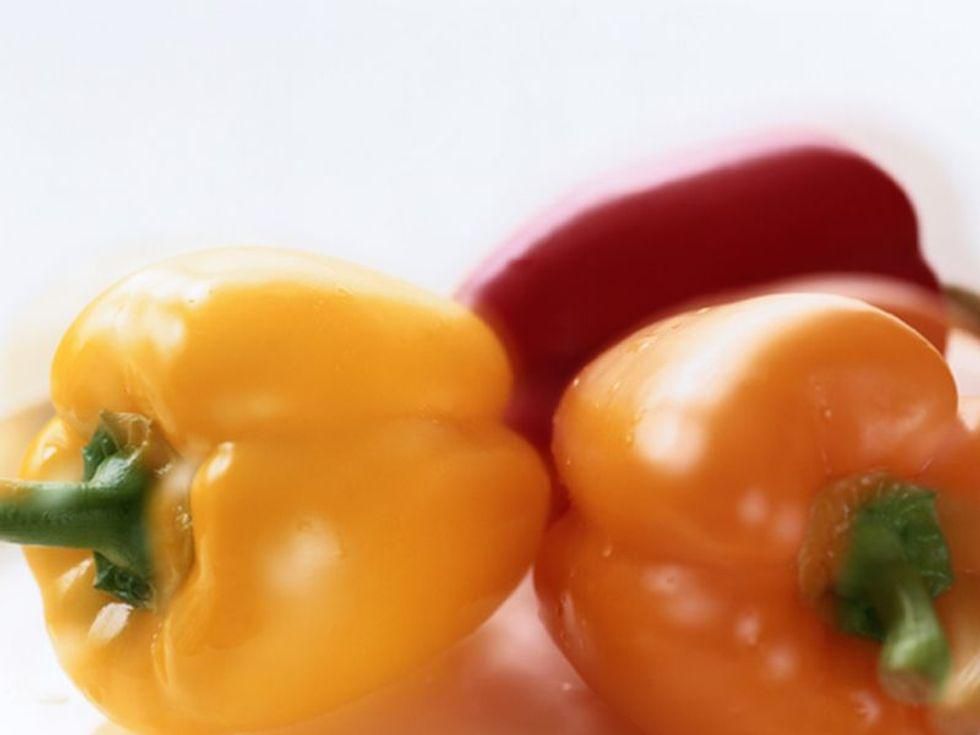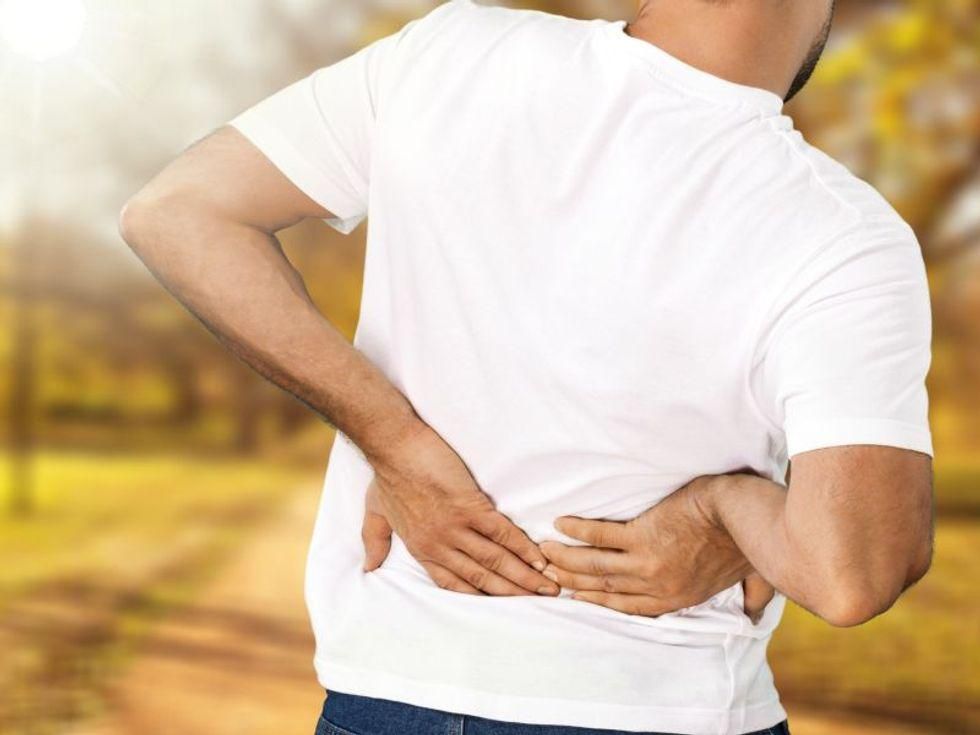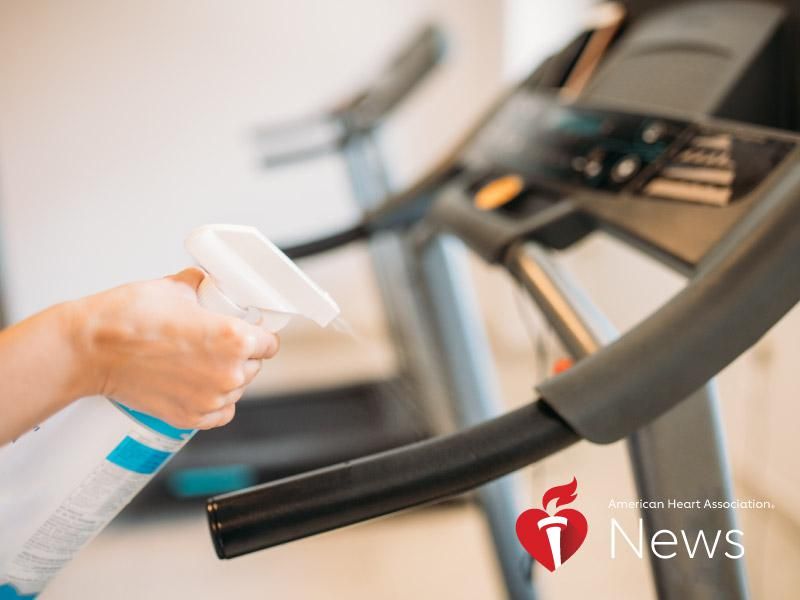
Something as simple as having a glass of orange juice in the morning or an apple at lunch could be one of the keys to protecting your brain health. People who consumed just a half serving a day of foods high in a naturally occurring compound called flavonoids had a 20% lower risk of mental… read on > read on >






























